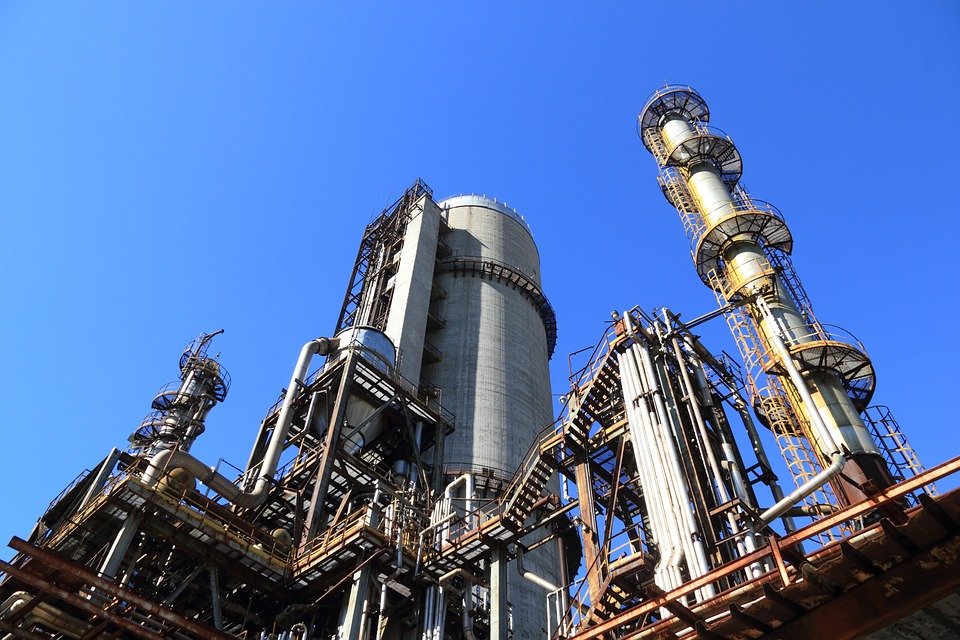
Chemicals are an integral part of our daily lives, playing a crucial role in various industries and applications. From the food we eat to the medicines we take, chemicals are involved in countless processes and products. In this blog post, we will delve into the world of chemicals, exploring their types and applications, while adhering to the guidelines set by Google's search engine algorithm.
- Introduction to Chemicals:
Chemicals, in the broadest sense, are substances with distinct molecular compositions that can undergo chemical reactions. They can be found naturally or synthesized through various processes. Chemicals are categorized based on their composition, properties, and applications. - Inorganic Chemicals:
Inorganic chemicals are compounds that do not contain carbon-hydrogen bonds. They encompass a wide range of substances, including acids, bases, salts, and metals. Inorganic chemicals find applications in industries such as manufacturing, agriculture, and electronics. - Organic Chemicals:
Organic chemicals are compounds primarily composed of carbon and hydrogen atoms. They form the basis of life and are essential in various sectors, including pharmaceuticals, plastics, and agriculture. Organic chemicals can be further classified into hydrocarbons, alcohols, aldehydes, ketones, and many more. - Specialty Chemicals:
Specialty chemicals are unique formulations designed for specific applications. They often require extensive research and development to meet specific requirements. Examples of specialty chemicals include catalysts, surfactants, and polymers. These chemicals are utilized in industries such as automotive, cosmetics, and construction. - Petrochemicals:
Petrochemicals are derived from petroleum or natural gas and serve as the building blocks for various products. They are used in the production of plastics, synthetic fibers, rubber, and detergents. Petrochemicals play a vital role in the energy and manufacturing sectors. - Agricultural Chemicals:
Agricultural chemicals, also known as agrochemicals, are used in farming practices to enhance crop yield and protect against pests and diseases. They include fertilizers, pesticides, herbicides, and plant growth regulators. Agricultural chemicals contribute to sustainable and efficient agricultural practices. - Pharmaceutical Chemicals:
Pharmaceutical chemicals, also called active pharmaceutical ingredients (APIs), are the key components in the production of medicines. They undergo rigorous testing and quality control to ensure safety and efficacy. Pharmaceutical chemicals encompass a wide range of substances, including antibiotics, analgesics, and antivirals. - Environmental Impact and Safety:
While chemicals have revolutionized various industries, their environmental impact and safety are of utmost importance. Proper handling, storage, and disposal of chemicals are essential to prevent pollution and protect human health. Regulatory bodies and industry standards play a crucial role in ensuring the responsible use of chemicals.
Conclusion:
Chemicals are diverse and versatile, with applications spanning across industries. Understanding the different types of chemicals and their applications is essential for professionals and consumers alike. By exploring the world of chemicals, we can harness their potential while ensuring safety and sustainability.





